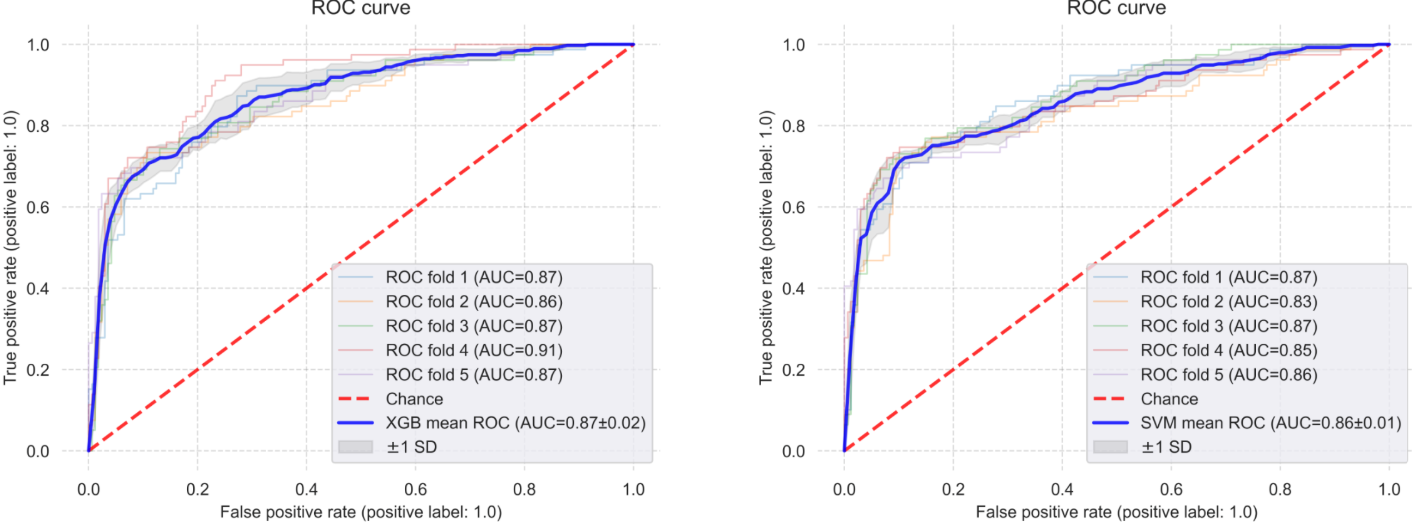Projects
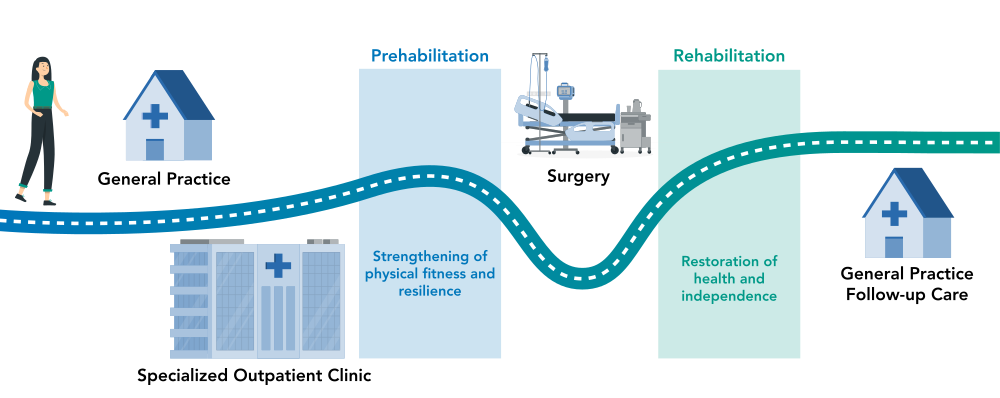
Prehab2Rehab
An integrated and digitally supported care project connecting patient pathways from prehabilitation to rehabilitation for improved surgical outcomes.
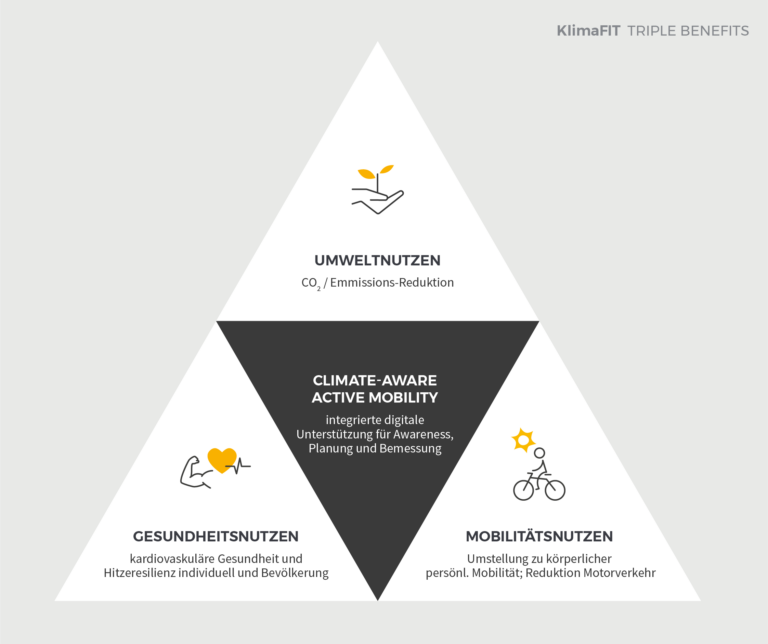
KlimaFIT
A research project on active mobility, climate change, and rehabilitation - digital pathways to heat resilience.
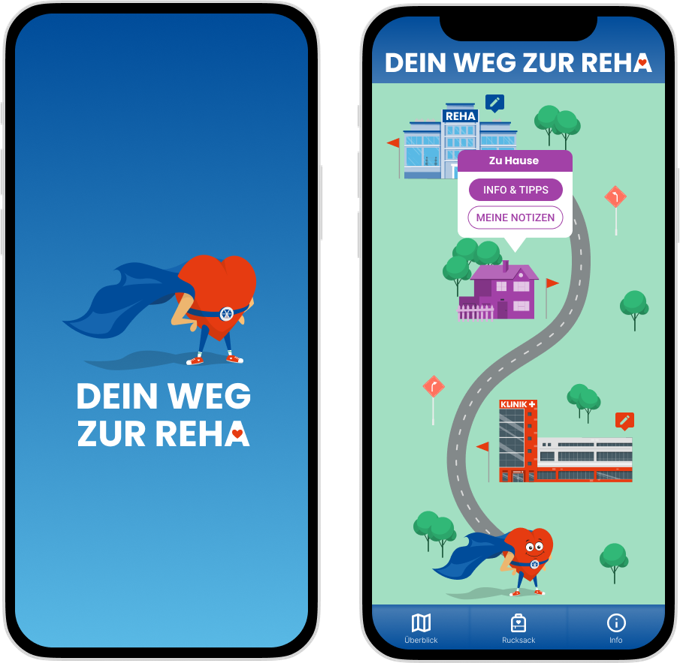
HERO - the Heart Rehab App
The ‘Heart Rehab’ Information Tool - A digital prototype to support patient pathways to cardiac rehabilitation.
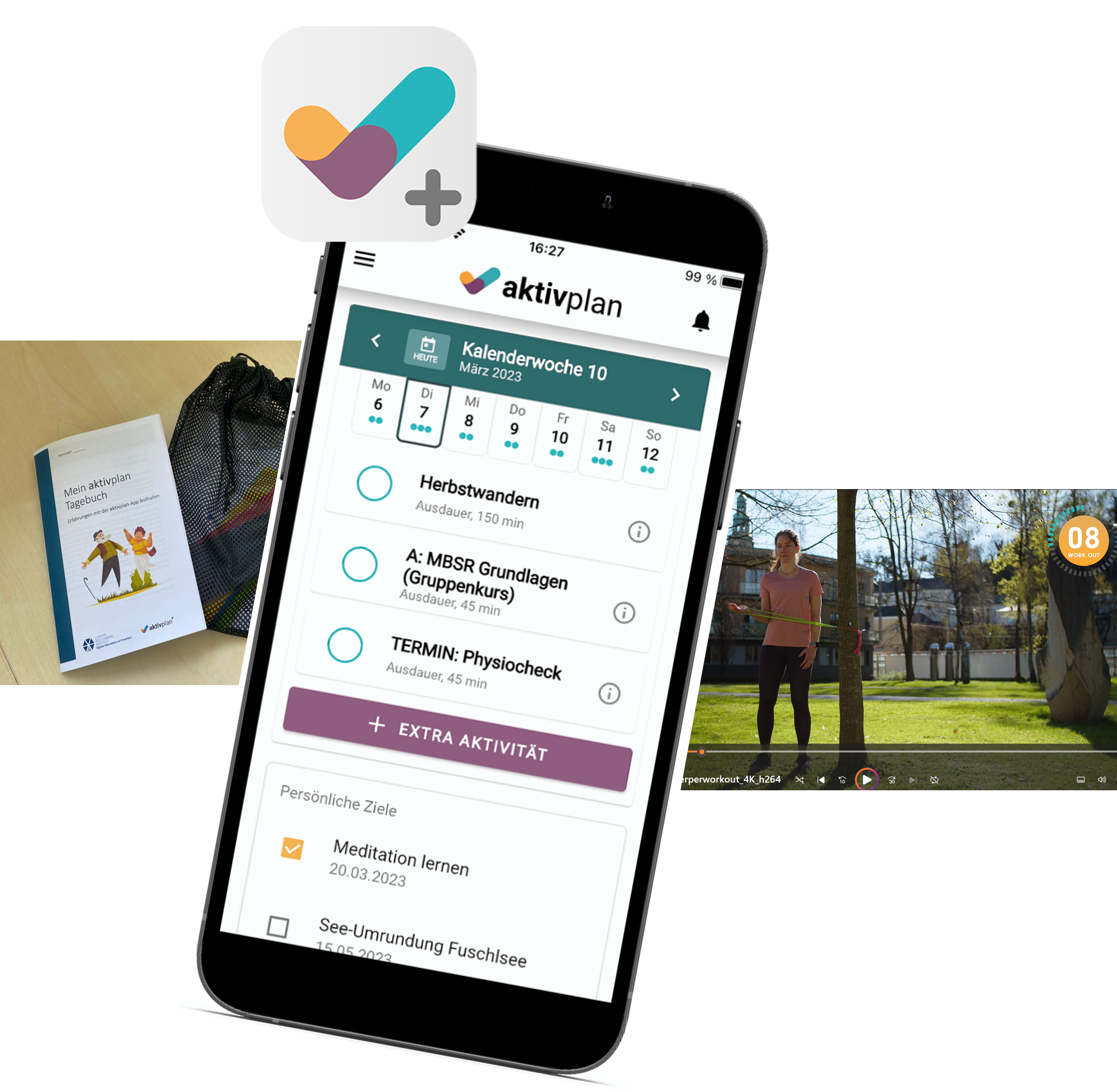
Digi:Green
Digital & Green Prevention and Rehabilitation - Combining nature-based health resources with digital health applications.
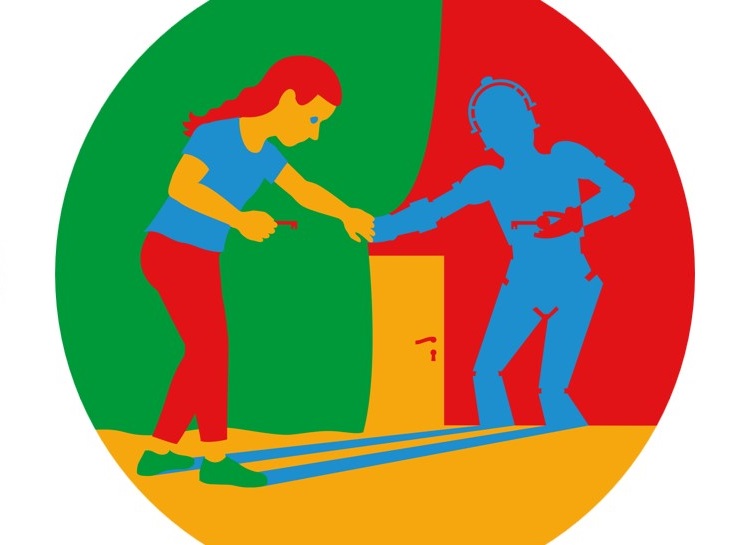
Human-AI Interaction
Exploring the impact of working with systems that are adaptive, learning, or produce output that is difficult to predict, as traditional interaction design paradigms are challenged.

Modular Open Research Platform
Modular Open Research Platform for Digital Health: An infrastructure to foster data-driven innovation.
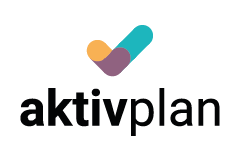
AktivPlan
A digital health application supporting healthcare professionals and patients in planning and monitoring physical activities.
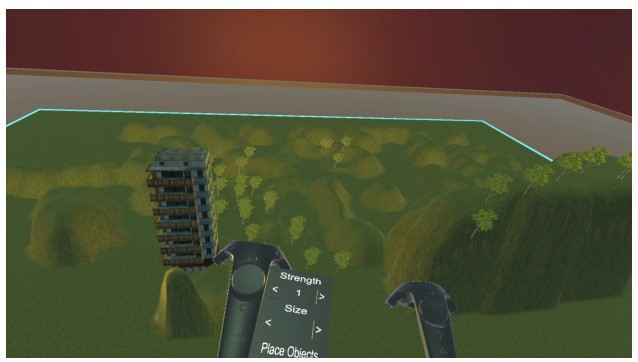
Virtual Reality Exposure Therapy
A project on engagement and empowerment using playful user-generated treatment in virtual reality exposure therapy.

Centre for Digital Citizens
The Centre for Digital Citizens (CDC) will address emerging challenges of digital citizenship, taking an inclusive, participatory approach to the design and evaluation of new technologies and services that support smart, data-rich living in urban and rural communities.
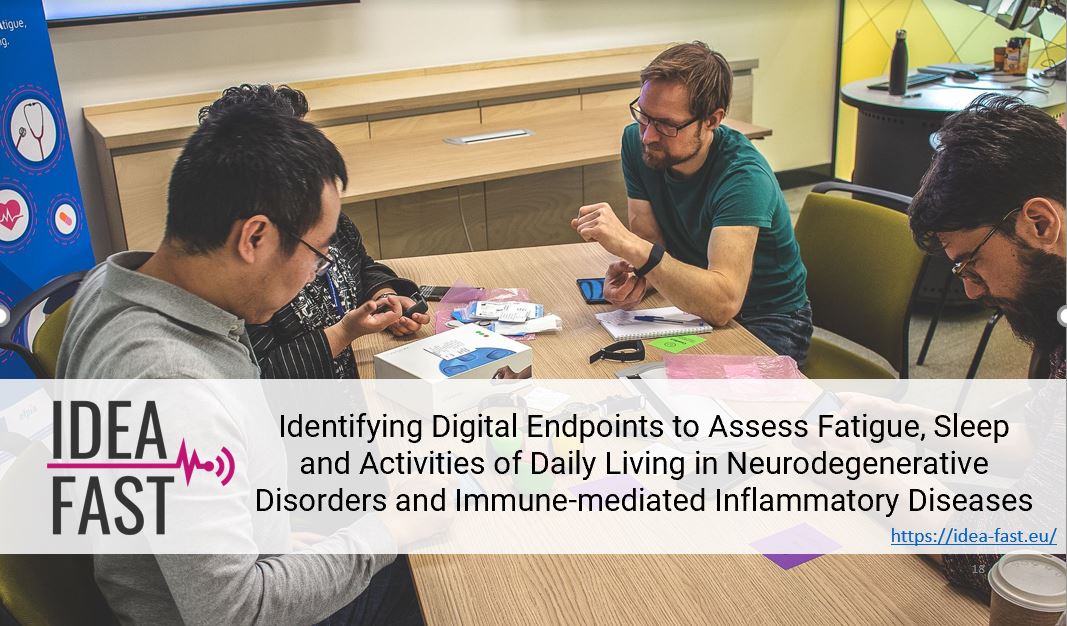
IDEA-FAST
A project on identifying digital endpoints to assess fatigue, sleep and activities of daily living in neurodegenerative disorders and immune-mediated inflammatory diseases building on data from sensing devices an apps.
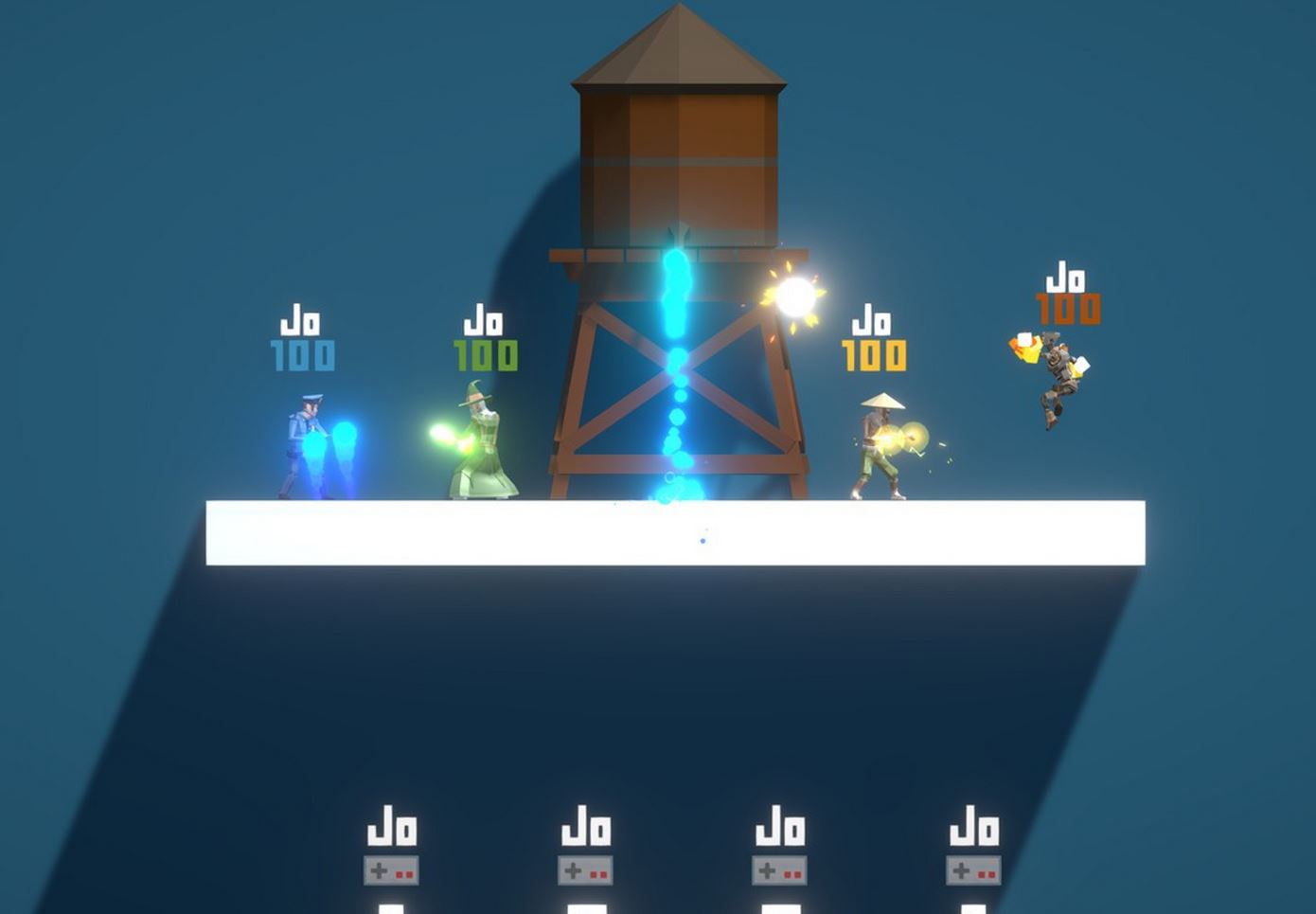
Deep Player Behavior Models
A project on developing deep player behavior models for dynamic and generative non-player character interactions, game testing, player substitution and fraud detection.

Understanding Pathways to Sustainable Diets
A N8 priming project to review the literature and scope research on transitioning to sustainable diets.
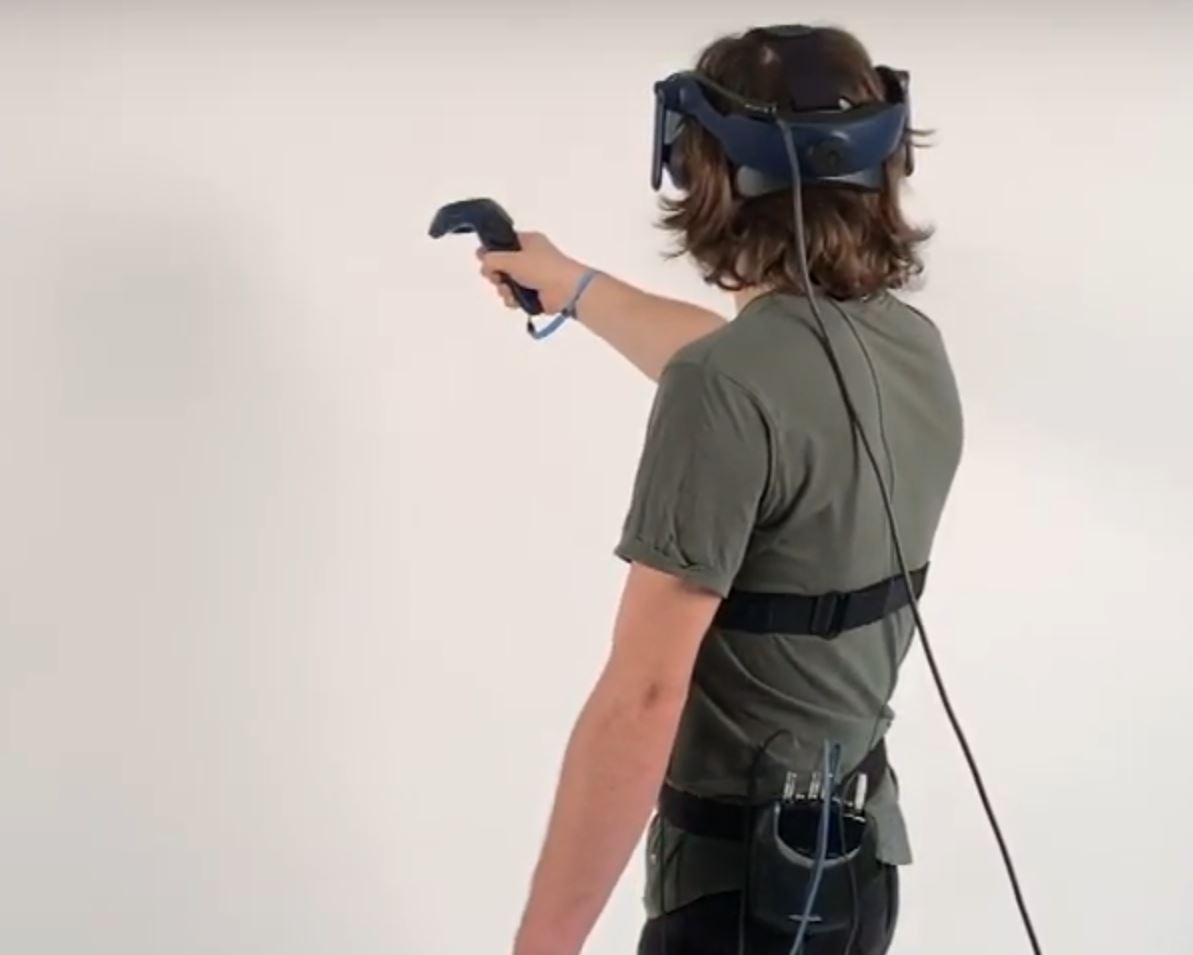
Questionnaires in Virtual Reality
A project on potential biases and pathways to operationalisation of questionnaire-based research in virtual reality.
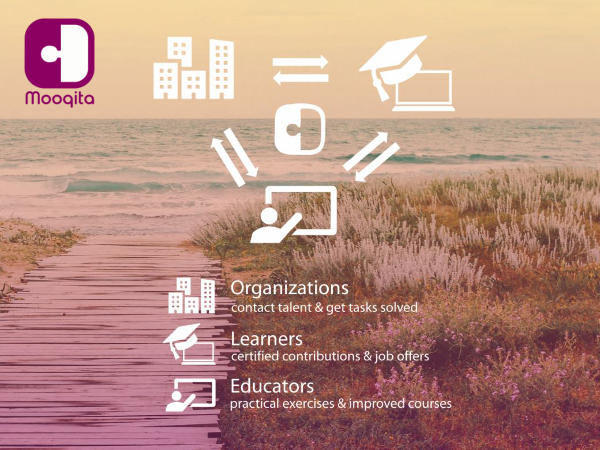
Mooqita
A project that aims to help students gain certifications, incomce, and employment through embedding real work tasks in online learning courses.
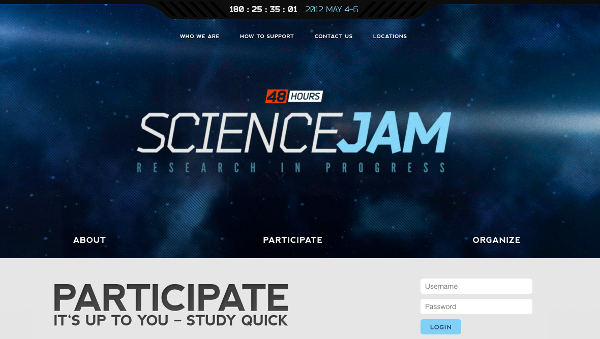
Science Jam
48 hours to go from zero to poster. The idea of the Science Jam is to apply the principle of game jams and hackathons to the rapid conceptualization, execution, and analysis of small-scale experiments, studies, or other pieces of research that can provide exploratory evidence or function as a pilots for larger follow-ups.

Space Project Y
A project that investigated the potential of motion-based exergames in virtual reality, focusing on locomotion techniques and feedback.
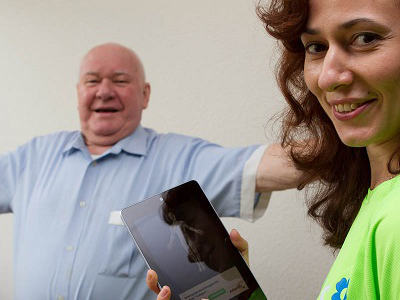
Adaptify
A project on supporting individually adapted therapy with digital games. It focused on harnessing the potential of motion-based games for health to support motivation, guidance, and feedback.
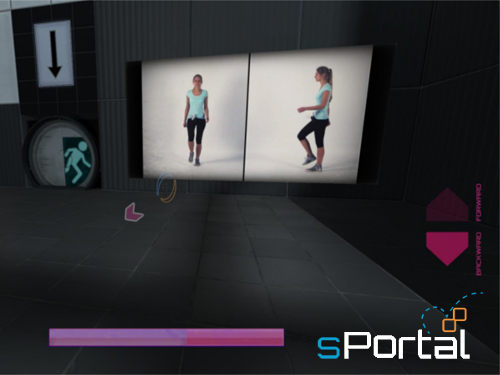
sPortal
A project that aims to help students gain certifications, incomce, and employment through embedding real work tasks in online learning courses.

Spiel Dich Fit
A project on motion-based games for health for the support of physiotherapy and rehabilitation for older adults.
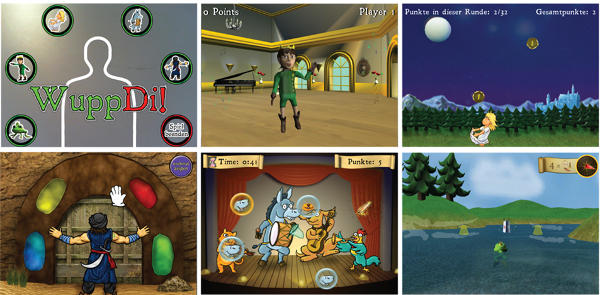
WuppDi!
An early project exploring the applicability of exergames for supporting physiotherapy for people living with Parkinson’s.
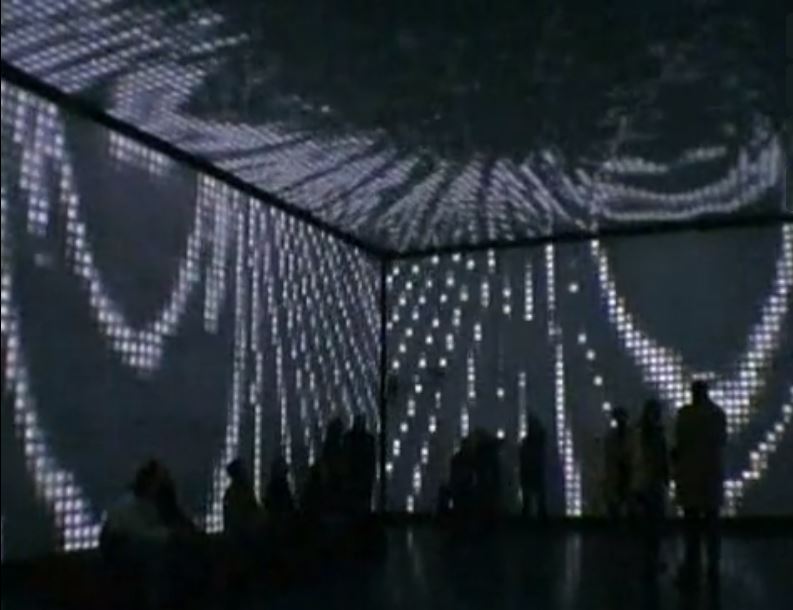
Live SDI
The ’live space-display-interaction’ project worked with the Troja pixel room to generate unique whole-room display interactions that investigate immersive displays.

